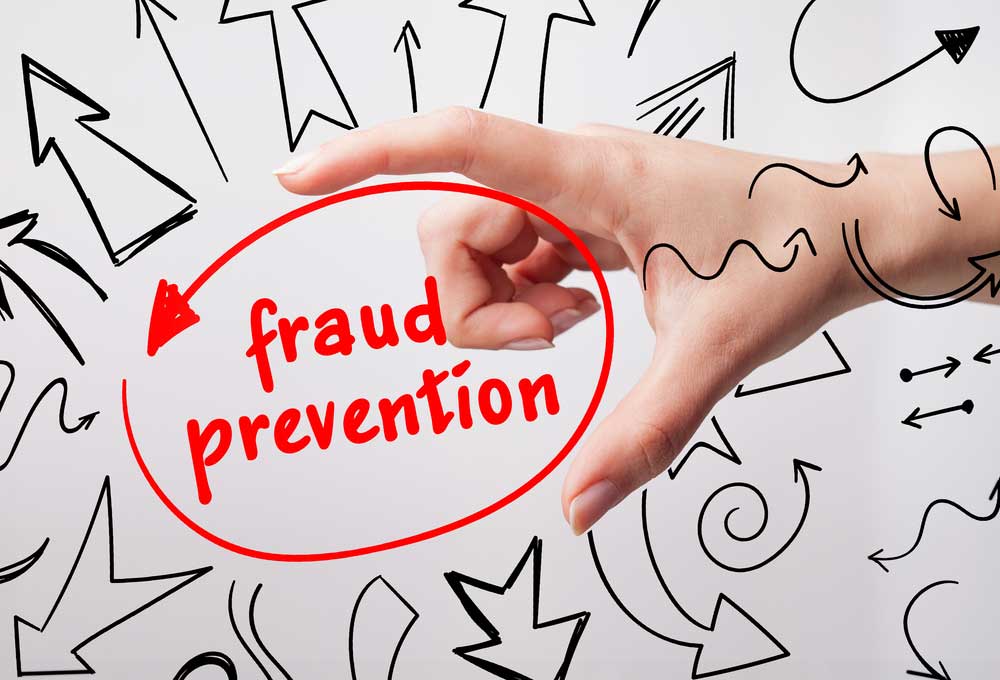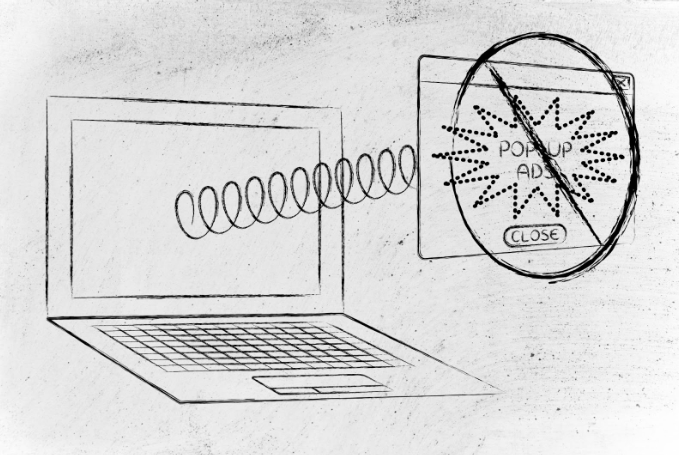Stop Affiliate Traps with VPT’s Brand Compliance Monitoring Solutions
Affiliate marketing is experiencing steep growth. In the USA, companies will spend over $8.2 billion on affiliate marketing. Still, while there is undeniable potential for increased sales, there are a lot of affiliate traps brands should be aware of.
Affiliate marketing spending in the United States from 2010 to 2022
Affiliate advertising fraud topped $65 billion in 2020 and could surge north of $100 billion by 2023, which is staggering!
What is Affiliate Marketing?
Affiliate marketing is one of the most popular digital marketing channels where publishers earn a commission to drive the brands' online traffic. In this model, publishers operate as a part of an affiliate network and usually have their own digital mediums for driving user traffic. They use these mediums to attract traffic for advertisers and earn commissions in return.
It’s a win-win situation, where affiliates can help advertisers generate more leads for their business, driving more legitimate traffic and adding a spike in sales.
Sounds good, right? The critical question is whether affiliate marketing is too good to be true? Is it even Legit? Advertisers have been skeptical about this form of digital marketing.
Despite the concerns, affiliate marketing is a legal way to make money and has been a highly successful customer acquisition channel for many years.
However, the affiliates have to follow specific norms for promoting the advertisers. But do all affiliates abide by the network agreements and guidelines? The answer to this is No!
What Are Affiliate Traps?
Affiliate marketing has become an exceptionally impactful marketing model for sellers or advertisers to promote their business online.
In 2020, close to 10% of traffic coming from affiliate programs was fake, costing the industry $1.4 Billion in losses. The number has now almost doubled, rising to 17%. Considering that the affiliate marketing industry has since grown from $15 Billion to over $20 Billion, predictions are that the sector will lose over $3.4 Billion to fraud in 2022.
Affiliate traps are illegitimate techniques used by malicious affiliates to fulfill their nefarious goals. Affiliates use multiple tactics to drive traffic for the advertisers and, in turn, earn money.
The Problem:
The sole intention of affiliate marketing is to generate revenue by attracting new and legitimate user traffic for advertisers. They use various mediums like websites, social media platforms, web browser extensions, software applications, and more to increase the user base of the advertisers.
The fraudulent affiliates use illegitimate methods to fake the user traffic to the advertiser's website and earn a commission for each sale. Affiliates adopt many ways to monetize the sales like cookie stuffing, typo-squatting, misleading deals, and the list is never-ending.
In the quest to earn more money, affiliates often indulge in acts of
- Hijacking clickable elements on the advertiser's website to drop an affiliate cookie
- Hijacking user’s system and browser to inject cookies
- Promoting against the advertiser's guideline and impacting the brand image
- Stealing user data to sell on the dark web
- Faking user traffic
- Redirecting users to competitor's website
- Using brands name to get user traffic
Advertisers use a unique affiliate ID, publisher ID, campaign ID, and other specifics to track their affiliates. Internet cookies are used to gather this information, and there is a specific period for which these cookies are active. However, malicious affiliates often use ways to overwrite the legitimate affiliate cookies by hijacking the user’s browser. In the event of a successful purchase, the advertiser tracks the transaction and pays a commission to the affiliates whose cookie is last tracked in the session.
VPT’s Affiliate fraud detection solutions help advertisers and brands track their affiliates' activity and flag violations of their terms and conditions. Our services & solutions help retailers win back their marketing revenues lost to frauds in affiliate marketing. We also keep a check on the brand image by flagging any inappropriate or fake promotions.
The Impact: How do Affiliate Traps affect Advertisers:
Affiliate traps can have several adverse effects on a brand.
- Brand Reputation
The affiliates use intrusive marketing methods like injecting adware, pop-up ads, spam emails, pushing inappropriate content, expired coupons, and more to promote, impacting the brand's image.
- Customers Journey
Studies have estimated that around 37% of customers change their views about a brand because of the poor experience they had while shopping. The techniques used by affiliates often become a hassle for the end-users and affect their brand experience.
- Advertising ROI
Advertisers end up paying the fraudulent affiliates and lose their marketing budget that could have been of use to attract legitimate user traffic. Recent studies have estimated that brands lose approximately $7.9B daily to affiliate frauds.
5 Warning Signs Of Affiliate Marketing Traps
It’s clear how damaging affiliate marketing traps can be to any business. As an advertiser, you must have brand compliance monitoring tools and solutions to ensure the safety of your brand image and customers.
Here are five signs of affiliate traps:
1. High Traffic & Low Conversions
Most spammy methods rely on vanity metrics. A malicious affiliate might not be driving users for you but still can spam your PPC campaigns by sending a large number of click farm traffic. If the affiliate traffic is not converting, then it's worth monitoring.
2. Sudden spike in conversion rate
It calls for investigation if any of your affiliates outnumber your average conversion rate and shows a sudden hike.
3. Refund Claims Or Chargebacks
If an affiliate's user tends to convert to a sale but results in a refund claim or chargeback, a scam is likely in progress. The malicious affiliates might be using stolen credit card details to make purchases.
4. Same IP Addresses
You can monitor the IP address of your traffic to see its source. If you notice a lot of traffic coming from a known data center, it could be a sign of IP address fraud.
5. Links From Shady Websites
Have you noticed that your affiliate partner sends many links from shady sites, like poor-quality coupon websites or forums laden with pop-ups and spammy ads? This practice is a red flag. Many of these sites use scams and fraudulent methods of dropping affiliate cookies on user’s machines.
The Solution:
If you want to prevent customer journey hijacking and protect your brand reputation, connect with the Virus Positive Technologies team of experts to know about our Brand Compliance Monitoring Tools and Affiliate Management Services. We offer personalized solutions to the affiliate's networks, advertisers & advertising agencies per their requirements. Please write to us at sales@viruspositive.com to protect your brand’s reputation and recover the lost marketing revenues.






.jpg)
